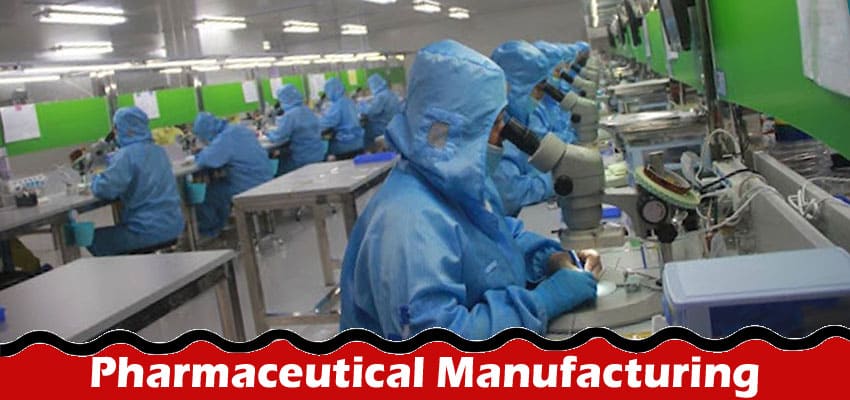The pharmaceutical industry is one of the most critical sectors in the modern world, responsible for the development and production of medications that save lives and improve the quality of living. A key component in this process, often overlooked, is the use of deionized water. Deionized water systems play a pivotal role in ensuring the quality and safety of pharmaceutical products. In this article, we will explore the various benefits these systems provide to pharmaceutical companies.
Ensuring Purity in Pharmaceutical Manufacturing
One of the primary benefits of a deionized water system in the pharmaceutical industry is its ability to ensure the purity of water used in manufacturing processes. Water is a universal solvent and plays a vital role in almost all pharmaceutical manufacturing processes. However, the presence of impurities and ions in water can lead to unwanted reactions, affecting the quality of the final product. A deionized water system effectively removes these impurities, ensuring that the water used is of the highest purity. This not only improves the quality of the pharmaceutical products but also helps in maintaining consistency across different batches.
Moreover, the use of deionized water helps in avoiding contamination. Contaminants in water can lead to the growth of microorganisms, which can be detrimental to both the product and the end-user. Deionized water, being free from these contaminants, reduces the risk of microbial growth, ensuring a safer production environment and a more reliable end product.
Compliance with Regulatory Standards
Pharmaceutical companies operate under stringent regulatory frameworks that dictate the quality of their products. The use of a deionized water system helps these companies comply with such regulations. Regulatory bodies like the Food and Drug Administration (FDA) and the European Medicines Agency (EMA) have specific guidelines regarding the purity of water used in pharmaceutical manufacturing. Deionized water meets these high standards, thereby aiding pharmaceutical companies in adhering to regulatory compliances.
This compliance is not just about meeting the current standards but also about being prepared for future regulations. The pharmaceutical industry is constantly evolving, with regulations becoming more stringent. Investing in a high-quality deionized water system prepares a company for future regulatory changes, ensuring long-term compliance and reducing the risk of non-compliance penalties.
Enhancing Product Efficiency and Stability
The use of deionized water in pharmaceutical manufacturing also enhances the efficiency and stability of the products. Impurities in water can react with active pharmaceutical ingredients (APIs), reducing their efficacy or altering their intended effect. By eliminating these impurities, deionized water ensures that the APIs retain their intended potency and effectiveness. This leads to more effective medications that perform as expected, enhancing the trust and reliability of the pharmaceutical company’s products.
Additionally, the stability of pharmaceutical products is paramount. Impurities in water can lead to degradation or instability in pharmaceutical formulations. Deionized water, being free from these impurities, helps in maintaining the stability of these formulations over time, ensuring that the products remain effective throughout their shelf life.
Cost-Effectiveness and Sustainability
Implementing a deionized water system is not only beneficial for the quality of pharmaceutical products but also for the cost-effectiveness and sustainability of the manufacturing process. By ensuring a consistent supply of high-purity water, these systems reduce the need for repeated quality checks and reprocessing, which can be costly and time-consuming. This efficiency in the manufacturing process can lead to significant cost savings over time.
Furthermore, deionized water systems can be designed to be environmentally sustainable. Modern systems often include features that reduce water wastage and allow for the recycling of water within the manufacturing process. This not only helps pharmaceutical companies in reducing their environmental footprint but also aligns with global sustainability goals.
Conclusion: A Vital Component in Pharmaceutical Innovation
In conclusion, deionized water systems are an indispensable component in the pharmaceutical industry. They ensure the purity and quality of water used in manufacturing, aid in compliance with regulatory standards, enhance product efficiency and stability and contribute to cost-effectiveness and sustainability. As the pharmaceutical industry continues to evolve and innovate, the role of deionized water systems will remain crucial, underpinning the development of safe, effective, and reliable medications. Their importance in the intricate process of pharmaceutical manufacturing cannot be overstated, highlighting their contribution to the health and well-being of society at large.


